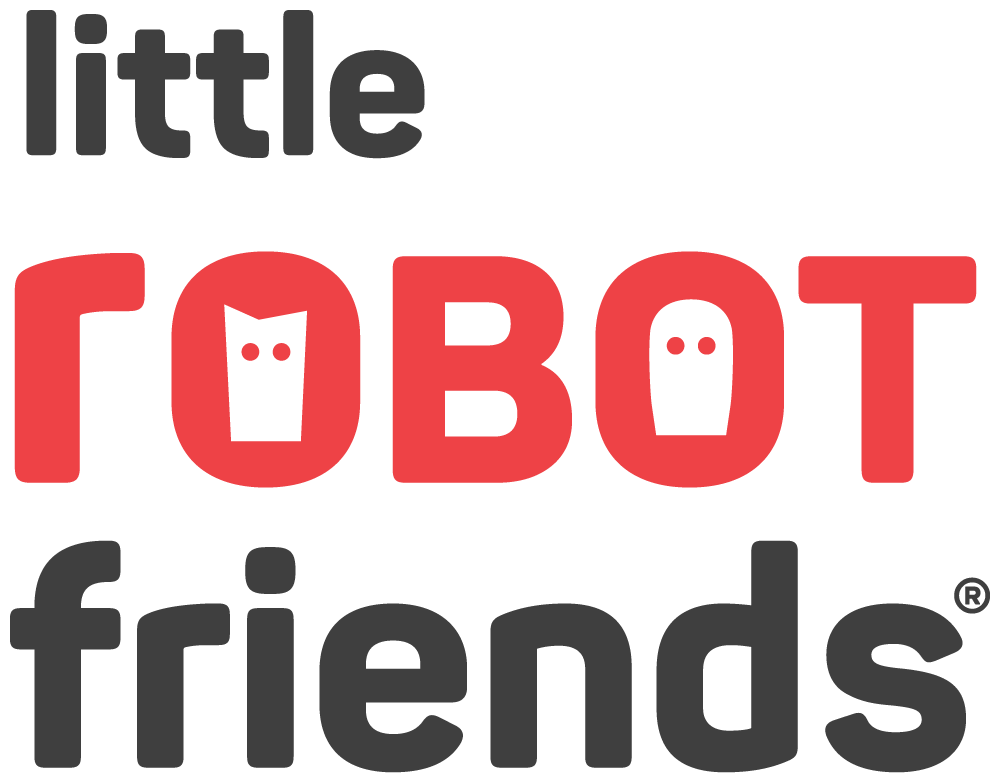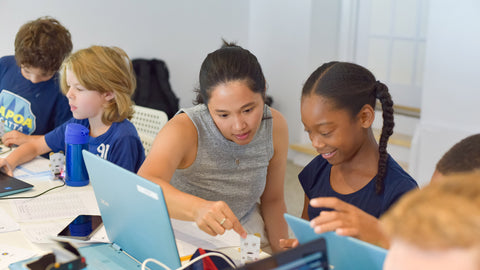Call us biased, but we have a million reasons why kids as young as 7 should start to learn how to code!
Missed it at age 7? Don’t worry, it’s not too late. And the good news: it doesn’t take a techie parent to get your children into coding, it just takes an open-minded parent.
Our modern daily lives are run with automation, from scheduling to payment to entertainments. Look around and you’ll see that you’re using bits of code everywhere, all day long. From setting your alarm clock, to PayPal’ing a friend, to getting notification about your social media feed. These technology works because someone coded it into existence.
So why should kids learn how to code? Here’s our top 3 reasons:
1. Knowing how to code opens kids up to more ideas and possibilities
Before we even talk about jobs of the future, this is the #1 reason why Little Robot Friends exist to teach kids about coding, electronics and technology: to provide kids with foundational understanding of how things work, so that they can become the next super inventors.
Bill Gates, Mark Zuckerberg, Elon Musk - they all learned how to code before they were teenagers.
At the very basic level, coding is telling the computer exactly what to do. In precise format and instructions. Having this fundamental understanding about how things work around them will help fuel their imagination and opens them up to a world of possibilities. Rather than being only a consumer of technology, they can dig deeper and become a creator of it. Why settle at playing video games when you can make your own video games?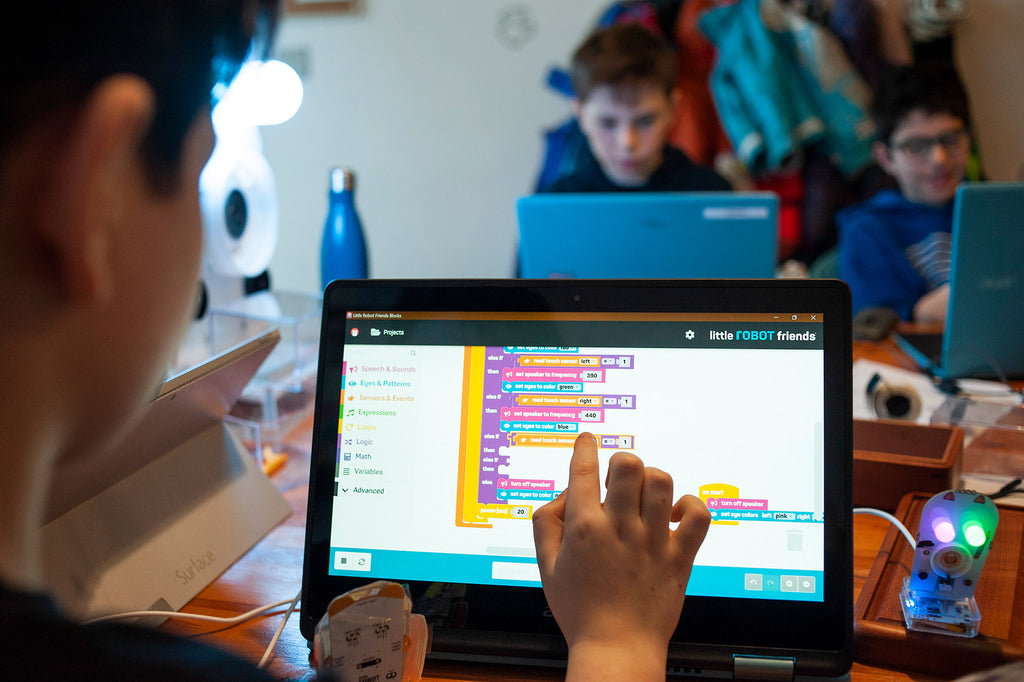
2. They’ll do better in school
Studies have shown that kids exposed to coding and robotics at a young age perform better in school overall. This makes total sense to us because learning how to code is also a lesson in resiliency. Coding builds a growth mindset, as you only get better and make things work by trying again and again.
This growth mindset, once acquired, can help with other subjects like math, language, arts, etc. Kids will be less prone to giving up early and able to learn from past mistakes. They’ll learn that success is a result of practice and perseverance rather than a fixed amount of talent. Our favourite quote that we put on our wall is “Practice Makes Progress”.
As well, learning how to code is a combination of subjects: math, reading, problem solving, and depending on what you’re coding, it could also involve art, music, storytelling, and even history. Kids learn best when they’re having fun, and from our experience, most kids love seeing their robot come to life. So once you engage kids in a complex subject, all learning becomes easier.
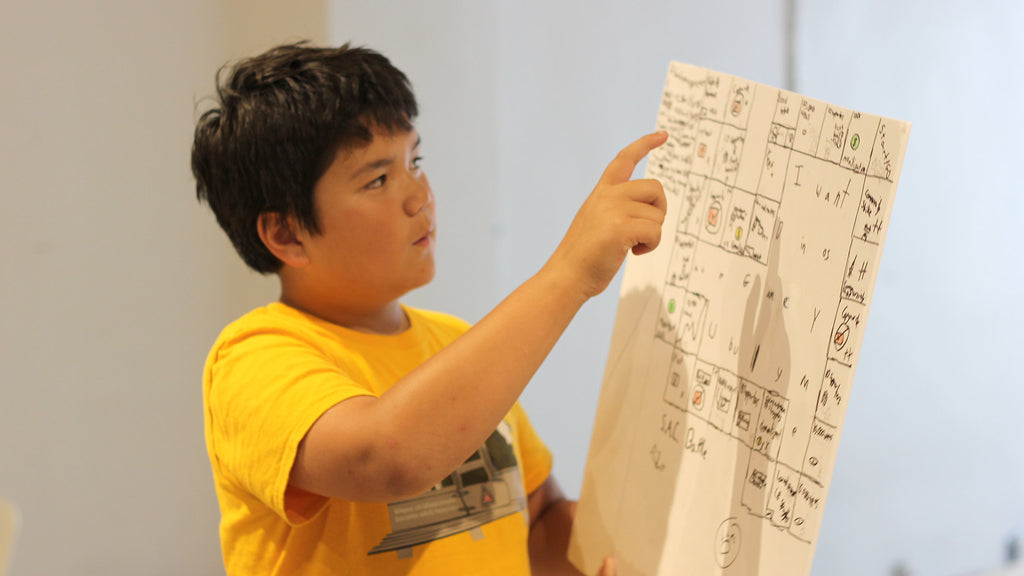
3. Jobs
The World Economic Forum predicted that as much as 65% of students today will work in jobs that have not yet been invented.
If that seems far out for you, consider this: there are several millionaire YouTubers today earning 7-8 digit figures a year. Terms like Influencers, Facebook Ads Specialists, Community Moderators didn’t really exist as a paying job 10 years ago.
Computer programming is the fastest growing job in the market and will remain for quite some time. It is also one that is very well paid as demand is outstripping supply. Learning how to code at a young age and getting kids engaged in STEM topics from elementary grades can help to prepare them for a great future career.
However, choosing a career isn’t only about market demands or salary figures. It is mostly about one’s passion.
At Little Robot Friends we believe that if we can engage kids in STEM subjects when they’re young, then there are high chances that learning and creating with technology will become their life-long passion. Thus propelling them into high-demand careers.
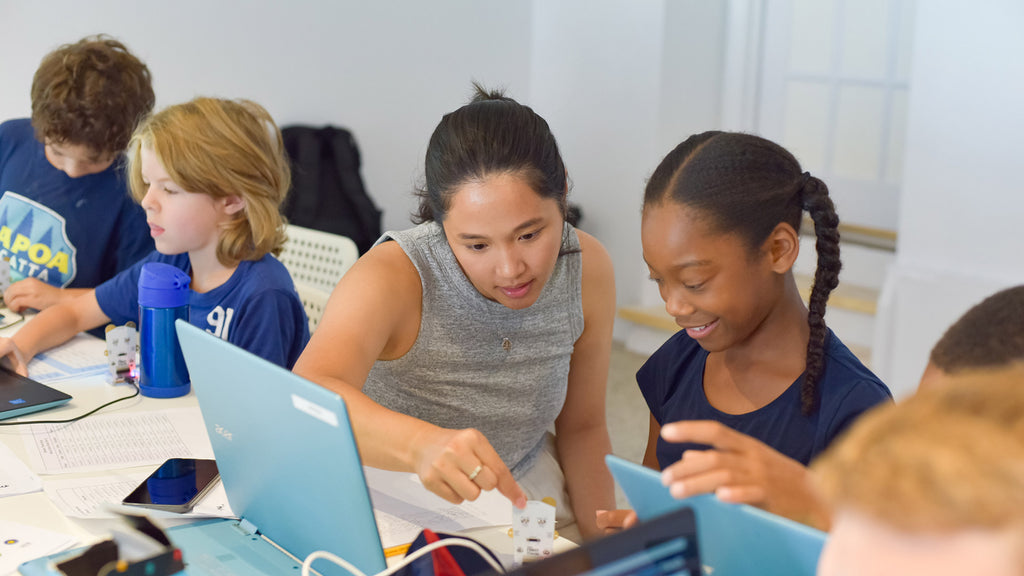
For us, really, it isn’t about every kid becoming a programmer. It is perfectly awesome if they become programmers, but we think that all jobs in the future will require everyone to have a fundamental understanding of how technology work in order for humans to be more inventive.
From agriculture, to policy making, to marketing and PR, technology will be everywhere, even more so than it is now. Let’s not fret about automation taking away jobs, let’s prepare for a future in which our children can have better jobs because automation will take care of the basic ones.
We want to help raise the next generation to be compassionate inventors of tomorrow. Our future depends on it.
